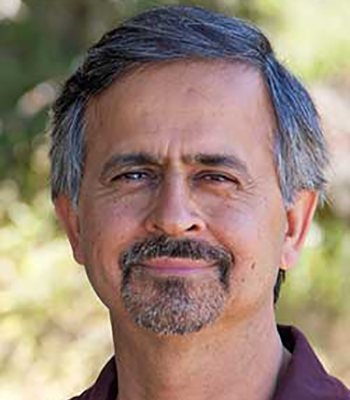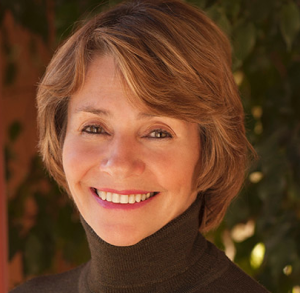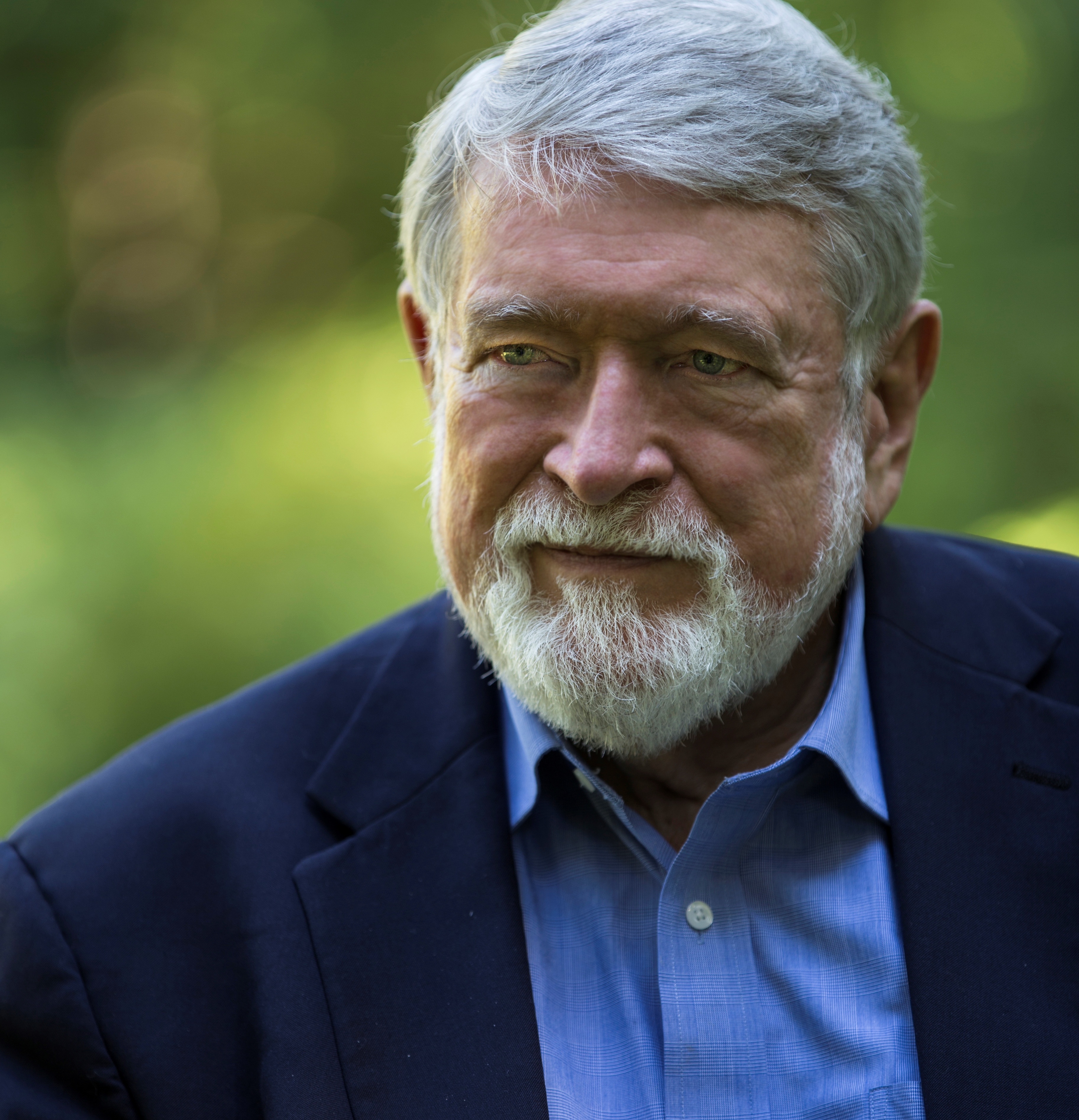A Four-Week Online Course
Entrepreneurship is a major driver of social and economic transformation. Social Entrepreneurship entails social innovation in the service of positive social impact. Generative Entrepreneurship goes beyond positive social impact to include regenerating the commons and furthering collective transformative learning that impacts future generations. Instead of exploiting the commons by externalizing costs, Generative Entrepreneurship seeds and grows the commons. In doing so, Generative Entrepreneurs combine technological and social innovation with cultural innovation.
Course Faculty

Aftab Omer
Aftab Omer, PhD is a sociologist, psychologist, futurist and the president of Meridian University. Raised in Pakistan, India, Hawaii, and Turkey, he was educated at the universities of M.I.T, Harvard and Brandeis. His publications have addressed the topics of transformative learning, cultural leadership, generative entrepreneurship and the power of imagination. His work includes assisting organizations in tapping the creative potentials of conflict, diversity, and complexity. Formerly the president of the Council for Humanistic and Transpersonal Psychologies, he is a Fellow of the International Futures Forum and the World Academy of Arts and Sciences.
Contributing Faculty

Lynne Twist
For more than 40 years, Lynne Twist has been a recognized global visionary committed to alleviating poverty and hunger and supporting social justice and environmental sustainability. Her widely-acclaimed book, The Soul of Money, Transforming Your Relationship with Money and Life is its second edition.
In addition to co-founding The Pachamama Alliance and founding The Soul of Money Institute, Lynne works closely with the Nobel Women’s Initiative, is on the Board of Conscious Capitalism, Inc., the Advisory Board of Women's Earth Alliance, and is a member of the Conscious Leadership Guild.

David Korten
Dr. David C. Korten is the founder and president of the Living Economies Forum; co-founder, board member, and board chair emeritus of YES! Magazine; an associate fellow of the Institute for Policy Studies; and a full member of the Club of Rome. He is best known for his seminal books framing a new economy for the Ecological Civilization to which humanity must now transition. He serves on the advisory boards of the Institute for Postmodern Development of China, Toward Ecological Civilization, the Center for Child Honoring, and the American Independent Business Alliance.
Korten worked for more than thirty-five years in preeminent business, academic, and international development institutions before he turned away from the establishment to become a leading critic of what he calls global suicide economy. He now devotes his life to advancing the global transition now underway to a living Earth economy organized around deeply democratic self-governing living communities in which people work in co-productive partnership with the rest of nature to meet the needs of all.

Nina Simons
Nina Simons is an award-winning social entrepreneur and visionary thinker. In 1990, she co-founded Bioneers with her husband and partner, Kenny Ausubel. Over that time she has helped to lead the organization through 29 years of identifying, gathering and disseminating breakthrough innovations that reveal a positive and life-honoring future that’s within our grasp, today.
Nina’s work currently focuses on writing, speaking and teaching about women, leadership, diversity, nature, systems thinking, leading from the heart, and restoring the feminine in us all. She is the founder of Bioneers' Everywoman's Leadership Program and co-created the Cultivating Women’s Leadership residential trainings in collaboration with Toby Herzlich and Akaya Windwood.
Course Modules
Week One
The Spirit of Enterprise: Harvesting the Economic Value of Caring
- Living Systems Thinking: Towards a Regenerative Solidarity Economy
- The Generative Powers of Democratization
Week Two
The Soul at Work: Wise Collaboration and Complex Challenges
- Interweaving the Whole Person and Whole System
- Educating for Complexity
Week Three
Regenerating the Commons: Aligning Individual Purpose with what is of Collective Value
- From Extractive to Generative Entrepreneurship
- Engaging System and Cultural Leadership
Week Four
Transformative Innovation: Synergies of Social, Cultural and Technological Value
- Surfing the Waves of Emergence
- The Power of Social Labs
- The Three Horizons at Work: A Design Approach to Prototyping and Scaling
Online Course Format
Course Structure
- 4-week online course from January 21 through February 16, 2020
- Four live 75-minute Zoom sessions with faculty held Tuesdays at 11:00 am PT (Pacific Time) and recorded for participants who can’t join every session live
- Content and collaboration via Meridian's social learning platform
Course Schedule
- January 21 - Course begins, participants begin engaging with course resources and activities
- January 21 - First live course session
- January 28 - Second live course session
- February 4 - Third live course session
- February 11 - Fourth live course session
- February 16 - Course ends, participants continue engagement via learning platform’s social group
Course Fees
$120, including the synchronous course video calls, online learning platform access, participation in the course learning community, plus course resources and written activities.
Accreditation
Meridian University is accredited by the Western Association of Schools and Colleges (WASC) - a higher education accreditor recognized by the United States Department of Education. WASC is also the accreditor for Stanford University, UCLA, and the University of California at Berkeley.
Frequently Asked Questions
Meridian’s online courses are conducted via the University's own learning platform.
Our online courses promote community learning, through strong interactive engagement with fellow students and faculty as well as live video sessions with faculty.
You will need an email account, a high-speed internet connection, and access to a computer, iOS or Android device.
If you are planning to attend the course video calls live, you will need a webcam and microphone for your device. (Course video calls are conducted with participants video-enabled.)
Live 75-min video sessions with faculty and fellow students will be conducted throughout the course. Each week's live video call will be recorded and posted on the course platform.
Video presentations, readings, discussions and learning activities will be accessible asynchronously and may be completed on participants' own schedule. Course resources and recordings will remain available up to 30 days after the close of the course.
Full refunds are available until two (2) days before the course begins, by request via email.
You do not need to apply to a Meridian graduate degree program to take this online course. This course is one of Meridian’s open-enrollment courses
The course support team will be available to assist from start to finish. Please send your questions/requests/issues to openenrollment@meridianuniversity.edu
Convening faculty generally lead each live session. Contributing faculty typically contribute in one of the live course sessions. Course resources address the work of both convening and contributing faculty.
Meridian has institutional and federal financial aid options for our graduate degree programs. This open enrollment course does not have financial aid or payment plans available.